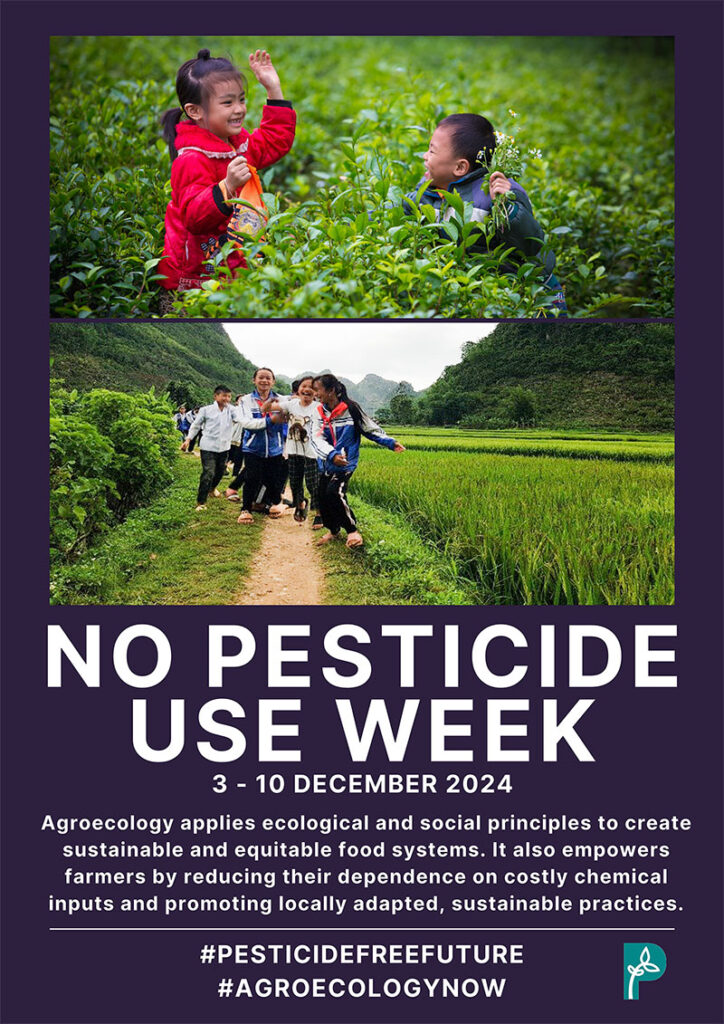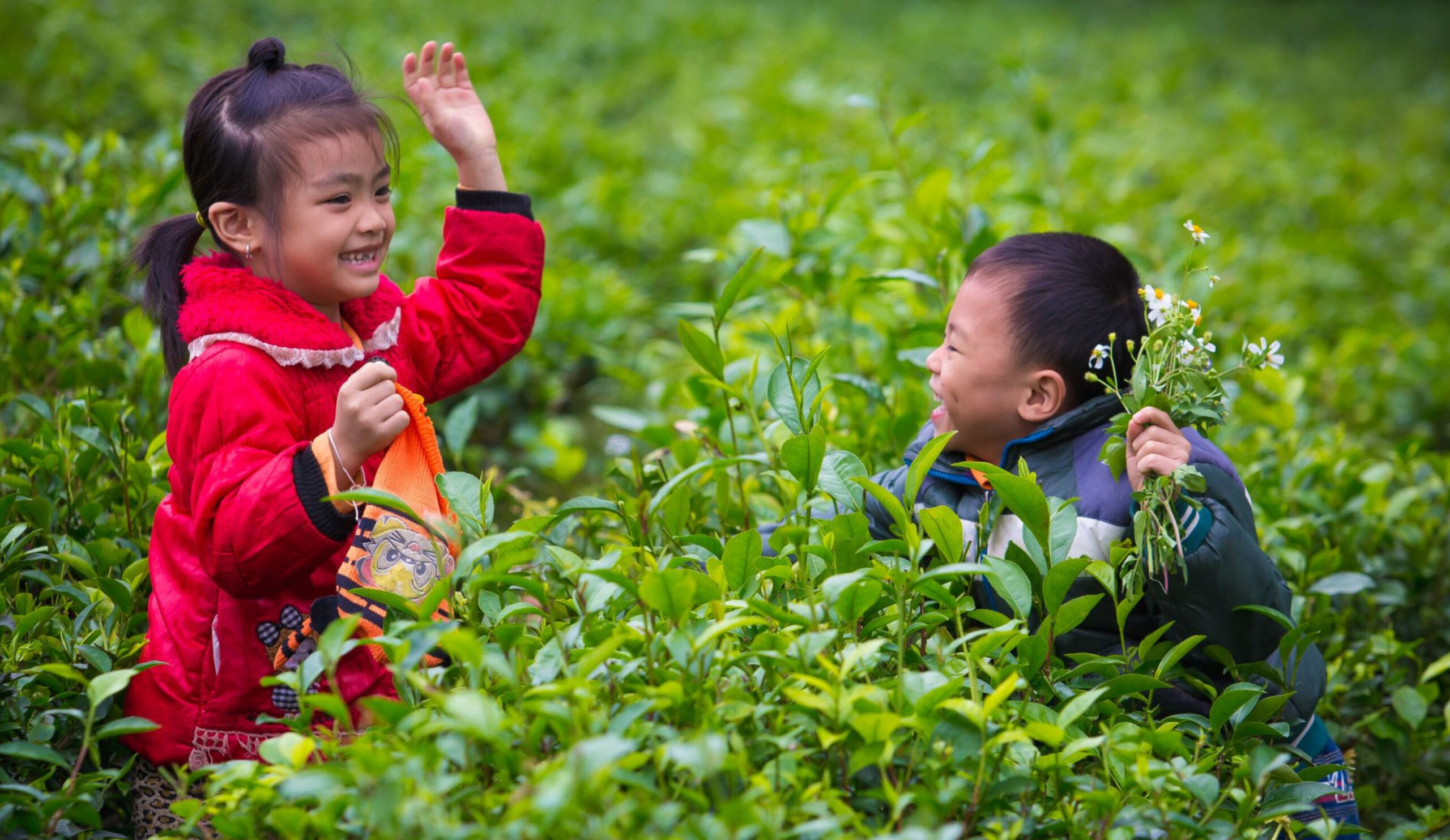Forty years ago, the world witnessed the devastating Bhopal Gas Tragedy, a catastrophe that claimed over 20,000 lives and left a legacy of intergenerational trauma and chronic health issues for over half a million survivors.
This tragedy was not an isolated incident but a result of corporate negligence that prioritized profit over people. Nearly 40 metric tons of methyl isocyanate (MIC) leaked from the Union Carbide Pesticide Plant, settling on the ground due to its density. MIC, a chemical integral to the production of HHPs such as carbaryl, carbofuran, methomyl, and aldicarb, is known to cause intergenerational harm. MIC is The plant was majority-owned by the Union Carbide Corporation (UCC) of the United States, which was later acquired by Dow Chemical Company in 2001.
The continued use of highly hazardous pesticides (HHPs) amplifies these devastating impacts. In India, the pesticide diafenthiuron produced by Syngenta reported to have caused widespread harm and deaths, prompting a civil suit in Switzerland concerning its use in Maharashtra.
Dileep Kumar, Pesticide Action Network India said, “Diafethiuron was reportedly involved in many occupational and inhalational poisoning cases of cotton farmers and workers in Yavatmal district in Maharashtra in 2017. Kin of two deceased and a surviving farmer had filed suit against Syngenta in Switzerland in 2020 and judicial proceedings are underway. Companies have been refusing to acknowledge the liability and take responsibility for harm caused by their products. Moreover, national governments are failing to build accountability into regulation.”
Hazardous pesticides banned in Europe are still being manufactured by European companies and exported to countries with weaker safety regulations, creating a double standard in pesticide use. A local survey by PANAP partners revealed that in Bangladesh, 11 such pesticides are available in retail shops despite being banned or not approved in the EU, while in India, 33 pesticides sold in retail stores are either banned or unapproved in the EU.
Sakiul Millat Morshed, Executive Director of SHISUK, Bangladesh, said “In many developing countries, multinational corporations wield significant influence over policies and agricultural systems, often driving the unchecked expansion of their hazardous chemical industries. This not only jeopardizes the health and livelihoods of farmers but also threatens biodiversity and the sustainability of our planet. To safeguard our farmers, protect biodiversity, and preserve our shared environment, transnational corporations and their shareholders must be held accountable for their actions and brought to justice for any harm they cause.”
Today, the pervasive use of Highly Hazardous Pesticides (HHPs) in agriculture continues to reflect the same disregard for human and environmental safety. An estimated 385 million cases of acute pesticide poisoning occur annually, disproportionately affecting small-scale farmers, rural women, and children in the Global South.
Agroecology: A Vision for Resilience, Justice, and Sustainability
Agroecology offers transformative benefits by reducing pesticide-related health risks for vulnerable groups, empowering farmers with affordable, locally adapted practices, and fostering independence from costly chemical inputs. It restores the environment by regenerating soils, conserving water, and enhancing biodiversity, while also supporting sustainable livelihoods through improved yields, food security, and rural income opportunities. Additionally, agroecology strengthens climate resilience by enhancing soil health, sequestering carbon, and reducing agriculture’s environmental footprint.
The Call to Action for NPUW 2024
 The No Pesticide Use Week (NPUW) 2024 campaign, observed from 3 to 10 December, is an opportunity to highlight the critical need for change. This year’s theme, “A Call for Corporate Accountability and Agroecological Transformation”, commemorates the lives lost in Bhopal while galvanising collective action to prevent future disasters.
The No Pesticide Use Week (NPUW) 2024 campaign, observed from 3 to 10 December, is an opportunity to highlight the critical need for change. This year’s theme, “A Call for Corporate Accountability and Agroecological Transformation”, commemorates the lives lost in Bhopal while galvanising collective action to prevent future disasters.
PANAP calls on governments to hold corporations accountable for the harm caused by toxic chemicals and phasing out HHPs as UNEA called for action by 2035 to eliminate the use of the world’s most toxic pesticides globally.
PANAP also calls on agrochemical companies to stop double standards; ban pesticides in the countries of production, yet produce and export to other countries, particularly developing countries. PANAP and all affected communities and advocates will continue to work collectively to phase out HHPs.
For Media Enquiries:
Alia Diyana, Project Coordinator: alia@panap.net








Discussion about this post